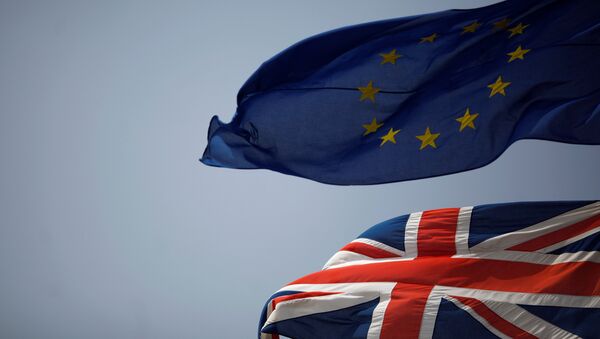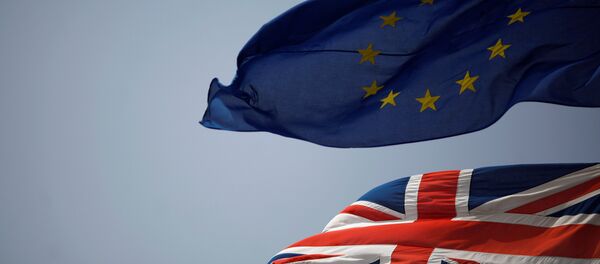“There’s some things we’ll want to keep: in the area of the environment, for example, in the area of workers’ rights. There are other things that we’ll want to get rid of,” Grayling said during ITV channel's Peston on Sunday political discussion program.
Earlier in the day, UK Prime Minister Theresa May signaled the start of Brexit by declaring that the United Kingdom would begin the procedure of leaving the European Union by the end of March 2017.
The bill is set to overturn the 1972 European Communities Act that established the supremacy of the EU law over the UK legislation. After Brexit, the EU laws will be enshrined in the UK law, but Britain's government will be able to amend or get rid of unwanted laws.
According to the Article 50 of the Lisbon Treaty, each EU member state can leave the bloc. In order to start the process of leaving the European Union, a member state must formally inform Brussels about its intention and, then, formally begin negotiations on the matter. The departing member is released from its obligations under EU treaties once a final agreement is reached with Brussels or — if no such deal is struck — two years after notification was first given.



